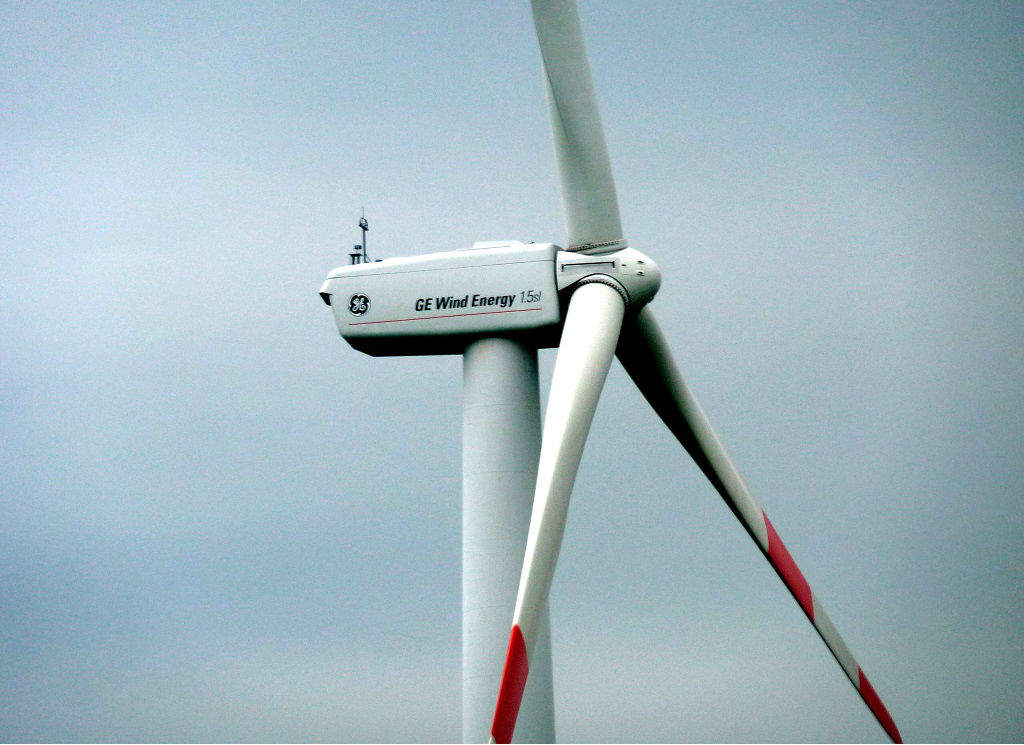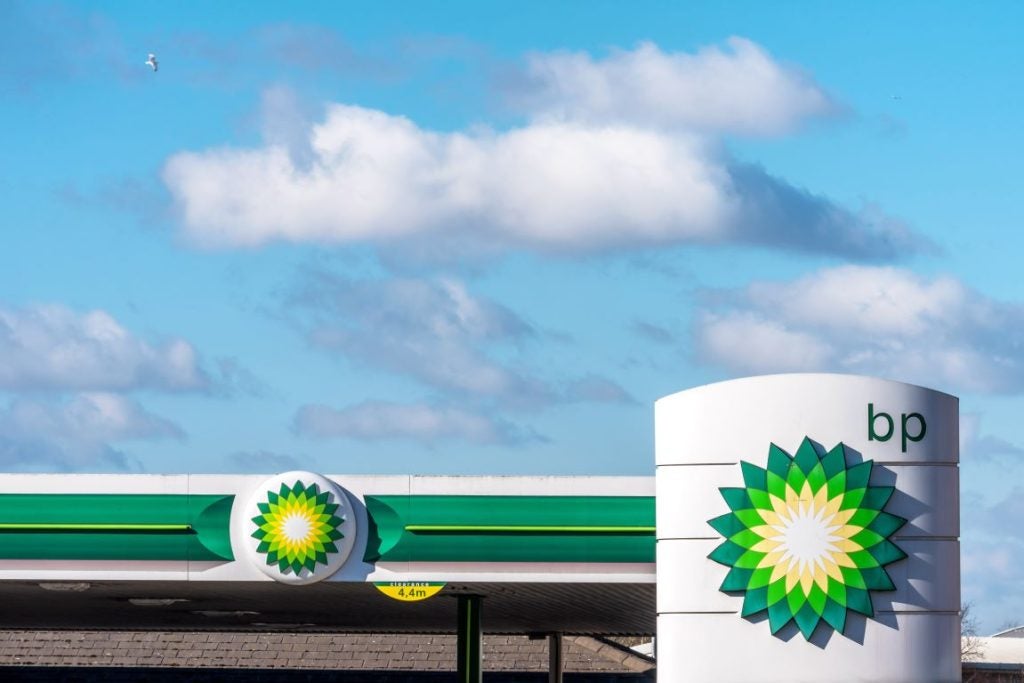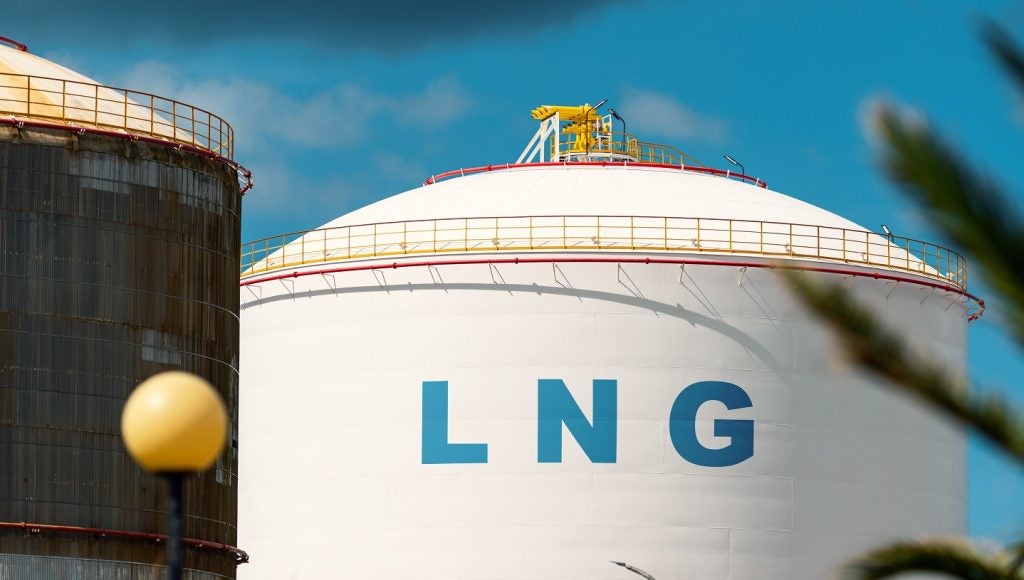

Declining oil prices have been detrimental to oil exploration, causing industry-wide cutbacks and layoffs. Big data and the internet of things are becoming a major part of the future plans of exploration and production to survive in these tighter times. All of this costs money though, and companies have to decide whether a large investment will be worth the price.
Between 2002 and 2014 there was a long-lasting rise in oil prices, but this is no longer the case. Reduced prices from competition, stricter carbon policies, more energy-efficient vehicles and an unwavering insistence by OPEC countries not to cut production in an oversupplied market are all contributors to this scenario, and in November, crude prices fell to below $50 a barrel for the first time since May 2009.
Companies notice the need for change
In this environment, companies are looking for new ideas to save money, and are starting to see the value of using digital technologies for ideas to operate faster, more efficiently, and be better at it than their competitors. Asking for further oil discounts can only go so far, and firms such as GE Oil & Gas and Occidental Petroleum are finding they have to evolve to survive.
"I think there’s a tremendous amount of technology that’s currently in our pockets and in use in the consumer world," said Occidental Petroleum vice-president Yanni Charalambous at a Landmark expo. "Improving not only the way we live, but could also impact the operational inefficiencies that we have a challenge with in the oil field."
See Also:
GE general manager of software and services Ashley Haynes-Gaspar agrees. "When we talk to our oil and gas customers, they tell us that they need optimisation and operational flexibility more than ever, given the state of the market and the volatility."
How well do you really know your competitors?
Access the most comprehensive Company Profiles on the market, powered by GlobalData. Save hours of research. Gain competitive edge.

Thank you!
Your download email will arrive shortly
Not ready to buy yet? Download a free sample
We are confident about the unique quality of our Company Profiles. However, we want you to make the most beneficial decision for your business, so we offer a free sample that you can download by submitting the below form
By GlobalData"The conversations we have with them are how using data and analytics can help us achieve that."
Crunching the data
Massive amounts of data are produced in oilfields as a tremendous amount is being captured from machines and operations. For instance, pumps can collect data about the oil it is hauling to the surface, which can be analysed and translated into a way to handle crude more efficiently. This kind of information could be taken from every point along the oil and gas extraction line.
"You have more than two million miles of pipeline around the globe, more than a hundred thousand pieces of turbine machinery, millions of artificial operations in the world," says Haynes-Gaspar. "All of the equipment is generating petabytes of data."
One petabyte, she says, is the equivalent of continuously streaming 13.3 years of HD TV. This is so much data that companies have previously struggled to capture and make sense of it all, but advances in technology are providing better chances of making use of the masses of information available.
GE aspires to make dig data analytics in oil exploration and production mainstream and to become industry-wide, not just within GE. A particular focus is to decrease down-time; the length of time equipment is out of service due to maintenance, inspections or faults. Much of this is ‘unplanned’, meaning that faults occur unexpectedly and equipment goes offline.
"It costs about $10-$16m to service a blowout preventer," says Haynes-Gaspar. "If you can figure out through data analytics how to get to predictive maintenance, you can save drilling companies million in unplanned downtime."
GE aims to decrease the amount of time equipment is offline and improve its reliability by using data to accurately predict when servicing will be needed and schedule it in advance.
Haynes-Gaspar says that on average, the oil and gas industry experiences up to 10% down-time, which is three times the US industrial average. She adds that GE has become aware of this as an opportunity, as its cost from inside a GE facility is about $150m a year.
"An offshore well out of commission can cost operators about $7m per day," she says. "One single percent efficiency improvement is substantial."
At the moment the average global cover rate; the amount of oil or gas that is taken out of a hole in the earth before a new one is drilled, is about 35%. If companies can determine how to improve that to 36%, it would be the equivalent of 80 billion barrels of oil, or three years worth of global oil production.
Predicting future costs
One of the ways GE plans to decrease down-time is with the development of predictive analytics. The company has the SeaStream Insight system, which looks at the state health of vessel assets onboard a drill ship and how they interact with each other. GE Power Conversion’s offshore business leader Andy McKeran explains that, in order to predict the future a blueprint is made of an asset, such as an engine or a gas turbine, and this is known as its ‘digital twin’.
This twin is a model that is specific to an asset, like a ship or aircraft engine. A mass stream of data relating to the condition of individual components is collected from multiple existing networks across the vessel. By looking at critical asset health, the systems can be monitored in real-time, and a ship’s history can be recorded and analysed, and searched for anomalies. GE believes this approach could increase overall vessel operational efficiency and ultimately reduce unplanned down-time. It has also optimised the associated fuel burn through predicting weather and wave conditions.
"We look at the real asset versus its software-defined twin to look at how it’s going to potentially deviate from a normal operation in the coming weeks," says McKeran. "Which gives early insights into potential failure modes."
He adds that this is a far easier and more efficient way of reading information as opposed to using raw data. The main aim is to reduce the time a vessel is off charter or not generating income, as well as actual maintenance costs.
McKeran believes that oil and gas companies have to incorporate digital technologies to keep up with competition and survive, but also because it is just the way the industry is going.
"It comes down to predictability of operation," he says. "I think if people are looking for the confidence of operation and the predictability of the enterprise, then it will become an obligation."
Haynes-Gaspar agrees that these technologies are vital to staying afloat in the industry: "The [oil] margins are narrow. The solution of uptime and availability becomes incredibly more important," she says. "Because at the end of the day, that’s what’s operating profit."
Data is everywhere: tapping the data halo
Traditional oilfields have been around for decades, Haynes-Gaspar says, but the true value hasn’t been realised until now.
"Data gets stranded meaning it’s not acceptable on a continuous or real-time basis," she explains. "And there’s data that’s collected and stored but not really used in a meaningful way."
This area has transformed massively in the last few years, Haynes-Gaspar says, particularly with the introduction of code halos – a representation of our digital lives that follows us around carrying our personal details, something marketers take full advantage of.
For example, this is how Boots knows whether to send you coupons for razors or sun cream. More concerning is that by using algorithms, Facebook can estimate when you’re likely to start a new relationship before you’re even aware, based on factors such as when you became friends and how much you ‘like’ each other’s status updates. Haynes-Gaspar says that GE is working on developing these types of code halos for some of the world’s biggest operators.
Certain information is given upfront about health and services, and decisions are made based on that, but the difficult part is getting to the point where data patterns are recognised and personal experience isn’t required to work out what needs to be fixed and when.
"How do you begin to quantify that so that you’re not solving every problem that arises as if it’s the first time you’ve seen it?" says Haynes-Gaspar. "And you’re not solving that through your own experience, which is how a lot of decisions are made today in the oil and gas industry."
Workers with over 40 years of experience in oilfields are being replaced by millennials, who Haynes-Gaspar calls "digital natives".
"It’s hard to replace 40 years of listening to a pump and knowing if something is bad or not," she says, however, "They’re being replaced by people who are naturally more trusting of data."
Companies such as GE have learned that operations need to evolve with their workforce, and in order to be efficient enough to stay afloat with low oil prices, they need to cut costs.
Data innovations are not surplus to requirements, but vital for oil and gas companies to survive. Technological advances will be expensive to companies in the short-term, but will ultimately lead to long-term pay-offs and savings, and GE recognises that this is where it will save the most money.
By choosing not to adapt, falling oil prices may be enough to put some companies out of business. And fixed offshore costs mean that without a sudden rise in oil prices every salvaged penny counts, and GE is working to make this known throughout the industry.





